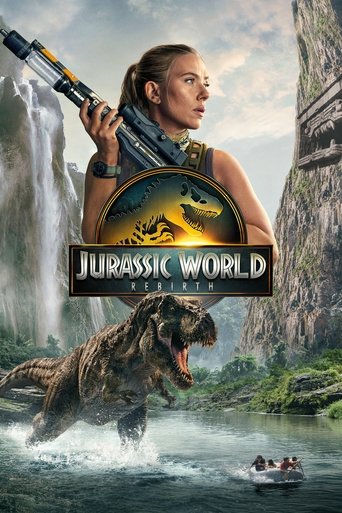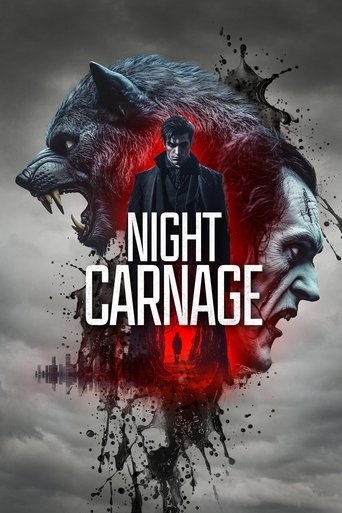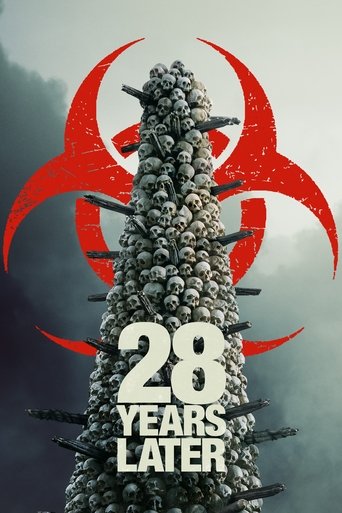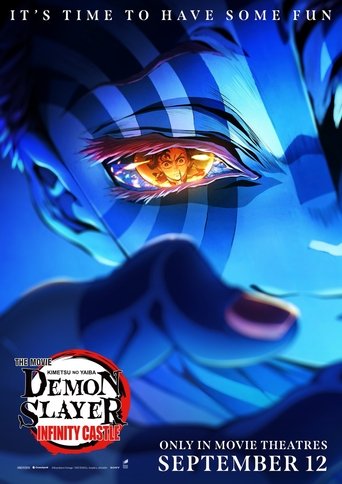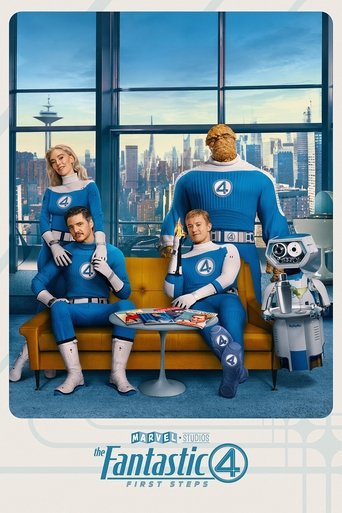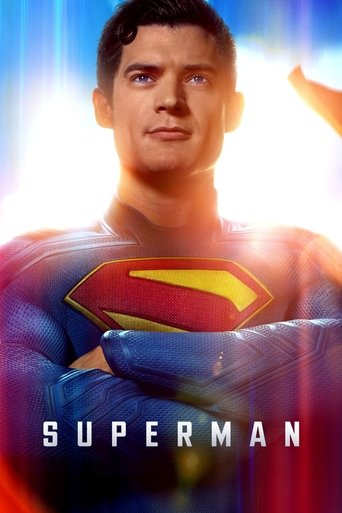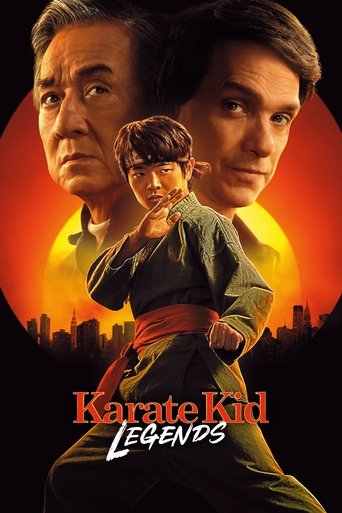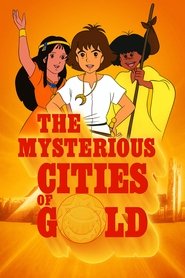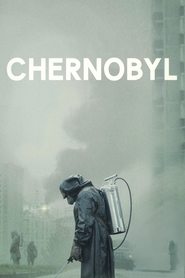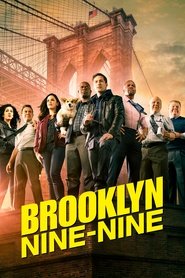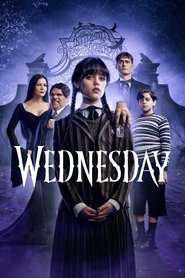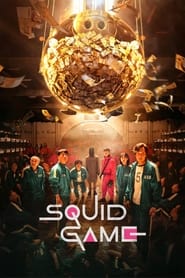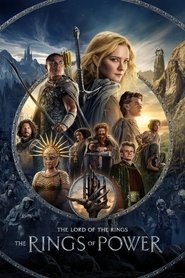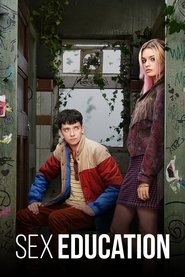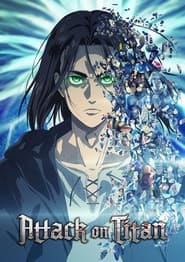3-2-1 Contact - Season 1 Episode 33 Hot/Cold: How Hot or Cold Can It Get?
Marc and Trini relate temperature to each other as they make ice cream and candied apples respectively. Lisa demonstrates extreme cold temperatures with liquid nitrogen. A ""volcano chaser"" visits the workshop to discuss volcanoes. On location, Lisa visits a glassblower. She also visits a volcano that is almost ready to erupt. (This is different from the footage used in Episode 14.)ANIMATION: Increasing heat of objects in degrees Celsius.THE BLOODHOUND GANG: ""The Case of the Professor's Fleas,"" a one-shot mystery surrounding a flea circus that has had all its stars stolen.
Year: 1988
Genre:
Country: United States of America
Studio: PBS
Director:
Cast:
Crew: Alfred Hyslop (Executive Producer), Ozzie Alfonso (Producer), Franklin Getchel (Producer), Tish Sommers (Producer), Larry Engel (Producer), Kenneth Fink (Producer)
First Air Date: Jan 14, 1980
Last Air date: Nov 18, 1988
Season: 7 Season
Episode: 223 Episode
Runtime: 30 minutes
IMDb: 6.89/10 by 9.00 users
Popularity: 4.4206
Language: English
Keyword :
Episode
Noisy/Quiet: Production & Processing of Sound
Noisy/Quiet: The Ear
Noisy/Quiet: How People & Animals Use Sound
Noisy/Quiet: Music
Noisy/Quiet: Range of Vibration
Forces and Motion
Forces and Fields
Forces: Buoyancy and Gravity
Forces and Machines
Forces: A Spectacle of Forces
Growth/Decay: Sex and Seeds
Growth/Decay: Human Growth
Growth/Decay: Decay
Growth/Decay: Human Cultures/Land Forms
Growth/Decay: Cycles Upon Cycles
Fast/Slow: Speed Up, Slow Down
Fast/Slow: Rhythms of Nature
Fast/Slow: Lifetimes
Fast/Slow: Speed and Racing
Fast/Slow: Time and Time Again
Communication: Human Communication
Communication: Animal Communication
Communication: Machinery of Communication
Communication with Other Species
Communication: Feedback
Food/Fuel: Animal Food
Food/Fuel: Human Food
Food/Fuel: Growing and Processing Food
Food/Fuel: Fueling Machines
Food/Fuel: The Sun Makes Everything Go
Hot/Cold: People's Temperatures
Hot/Cold: Animal and Plant Adaptations
Hot/Cold: How Hot or Cold Can It Get?
Hot/Cold: Heat and Work
Hot/Cold: Temperatures on Earth/In Space
Light/Dark: The Sun
Light/Dark: Electromagnetic Spectrum
Light/Dark: The Eye
Light/Dark: Light Sources
Near/Far: Seeing Isn't Always Believing
Near/Far: Mapping and Navigating Near Home
Near/Far: Mapping and Navigating Over Earth
Near/Far: Space Travel
Near/Far: Knowing Where You Are
Order/Disorder: Regular Patterns
Order/Disorder: The Body – An Ordered System
Order/Disorder: Social Order
Order/Disorder: Disordered
Order/Disorder: Sum of Its Parts
Surfaces: Protection
Surfaces: Shapes and Functions at the Surface
Surfaces: Surface Tension and Bubbles
Surfaces: Surface of the Earth
Surfaces: The Atmosphere
Big/Small: Animal Sizes/Scaling
Big/Small: Animal Habitats
Big/Small: Dinoaurs
Big/Small: Volume & Efficiency
Big/Small: How Big is Big?
Crowded/Uncrowded: Human Crowding
Crowded/Uncrowded: Optimum Populations in Nature
Crowded/Uncrowded: Contrasts in Densities of Materials
Crowded/Uncrowded: Down Among the Atoms (Liquids & Solids)
Crowded/Uncrowded: Human Survival/Controlling Densities

